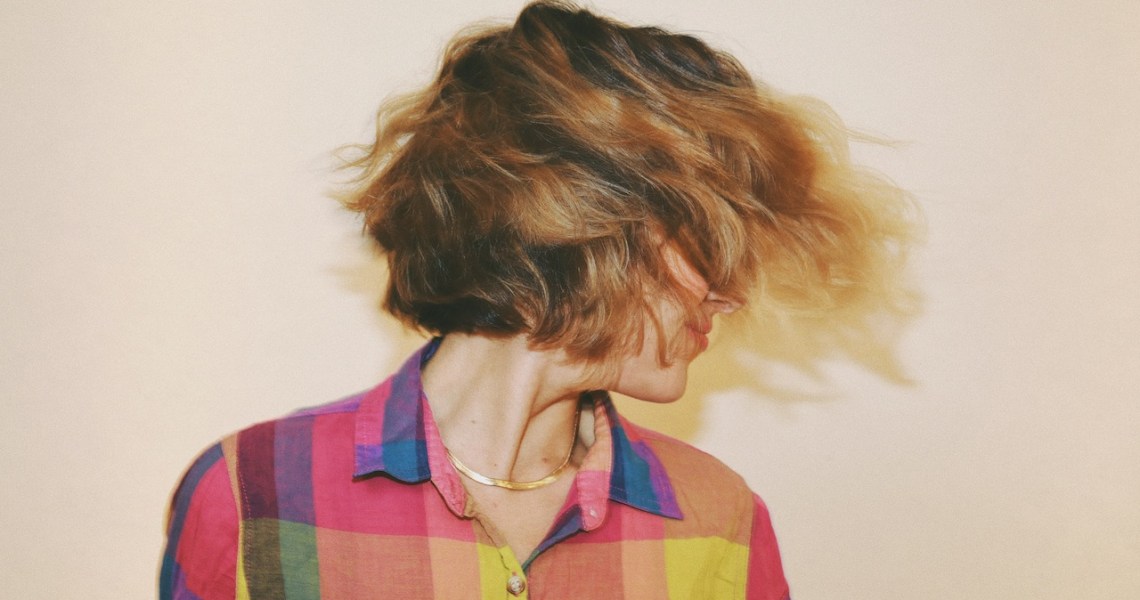Before the coronavirus pandemic became an international health crisis and upended all global economies, beauty brand incubators were flying high. Turnkey operations like Luxury Brand Partners, Maesa, Beach House Group and SOS Beauty were equipped with the know-how to quickly make exclusive or made-for-retailer lines and were seen as instant revenue generators, thanks to buzzy lines like Oribe, Becca and Flower Beauty by Drew Barrymore.
But beauty brand incubators that will thrive post-pandemic are the ones that have cash at their disposal.
For some, the capital has been rolling in: In late January, Luxury Brand Partners, the company behind R+Co, V76, Smith & Cult, IGK and In Common, received a $50 million minority investment from Bookend Capital Partners. LBP’s fresh funding followed Maesa’s growth phase, secured by Bain Capital Private Equity acquiring a majority stake in the company in March 2019. And in November 2018, Cornell Capital invested in Knowlton Development Corporation (KDC),and portfolio company Vee Pak acquired Cosmetic Essence Innovations.
LBP has had successful exits from its incubated brands like Oribe, which was sold to Kao for a reported $400 million to $430 million in 2017, and Becca, that was sold to Estée Lauder Companies for an undisclosed sum in 2016. But Tevya Finger, CEO of Luxury Brand Partners underscored that it takes money (like its recent investment Bookend Capital Partners) to continue to make money.
“Some brands become profitable after a couple of years, but the early incubation phase is all about spending money. The first three years is about burning cash, which is the hardest part of the process. We usually say it takes $5 million at a minimum, up to an arc of about $10 million, to build a brand and become profitable. We have to isolate that cash to build something new,” he said.
Shopping is unlikely to hit pre-Covid-19 levels in the second half of the year, but customers’ willingness to try new brands has accelerated during the pandemic — which is why Luxury Brand Partners isn’t slowing down. On May 4, LBP’s R+Co launched its Ashley Streicher Collection with the celebrity hairstylist. (Streicher is also the co-founder of LA Beauty Studio Striiike with her sisters Jenn Streicher and Kristie Streicher.) And Finger said the company has two new brands hat will be debuting by fall.
“To find a brand, ideate, negotiate and then legal, it’s quite a lot of time and can take up to two years,” said Finger. “Two of our brands are imminent, but we are working on more at the moment.”
Nascent incubator SOS Beauty, which was behind Summer Fridays, Ouai, Patrick Ta Beauty and Shani Darden Skincare, also reported that new business inquiries are up, following its most recent hair-care debut, Fable & Mane in March with Sephora.
Despite the uncertainty around physical retail, Finger and Dan Langer, President of R+Co and CMO for Luxury Brand Partners, are emboldened by e-commerce. “If you’re not leaving your home, you’re getting food [online], so this pandemic has granted permission for both the customer and the brand to play much more heavily in that DTC model, which covers all categories including beauty,” said Finger.
While Langer acknowledged that Covid-19 has introduced a swath of new influencers to platforms like TikTok, not all have the capabilities to be a brand founder. “You have to have a big name,” he said.
Finger said Instagram was like a “land grab the last five years.” “Now, all that land has been taken by the Kardashians or names that have 50 million followers, so it can be difficult to understand which are the people to build brands off of. I think now you have to have some audience on all the platforms: Instagram, Twitter, a little bit of Facebook and, if you are in the hair space, definitely YouTube.”
Without revealing names, Finger said one of LBP’s 2020 launches will be a lifestyle play with an influencer that will be DTC-only, and its other new brand will be an omni-channel makeup line, despite the ongoing woes of the color cosmetics category.
The company is not abandoning its salon partners or professional network of stylists for digital sales, but rather helping stylists grow their online acumen, said Langer. In late April, R+Co paid $500,000 in commissions via its affiliate program to help stylists around the U.S. save their businesses. It’s now offering other digital initiatives to partners, such as hosting hair tutorials through Facebook Live and providing branded R+Co Zoom backgrounds.
“Hair salons are a huge part of our DNA. Once these guidelines lift, people are going to run back to salons to have their hair cut and colored,” said Langer. “We always want to provide the best service to the end consumer and where they are shopping, whether that is at salons or in retailers or online. Ultimately, it is up to consumers to determine shopping behavior and update our methodology.”
Although some newer brands have shown their weaknesses since the onset of Covid-19, LBP said newness is what drives the beauty cycle, and not just from a product-perspective.
“Big companies like Estée Lauder, L’Oréal and P&G are really an amalgamation of lots of brands, and when they roll up all those brands, they hit a revenue number. That revenue number and that earnings number defines how well they do is and who in the market buys that stock,” said Finger. “Our world at LBP is about launching a great brand, but the big conglomerates need to buy brands to grow their revenue in this Covid[-19] environment. We’re waiting for that to happen.”




